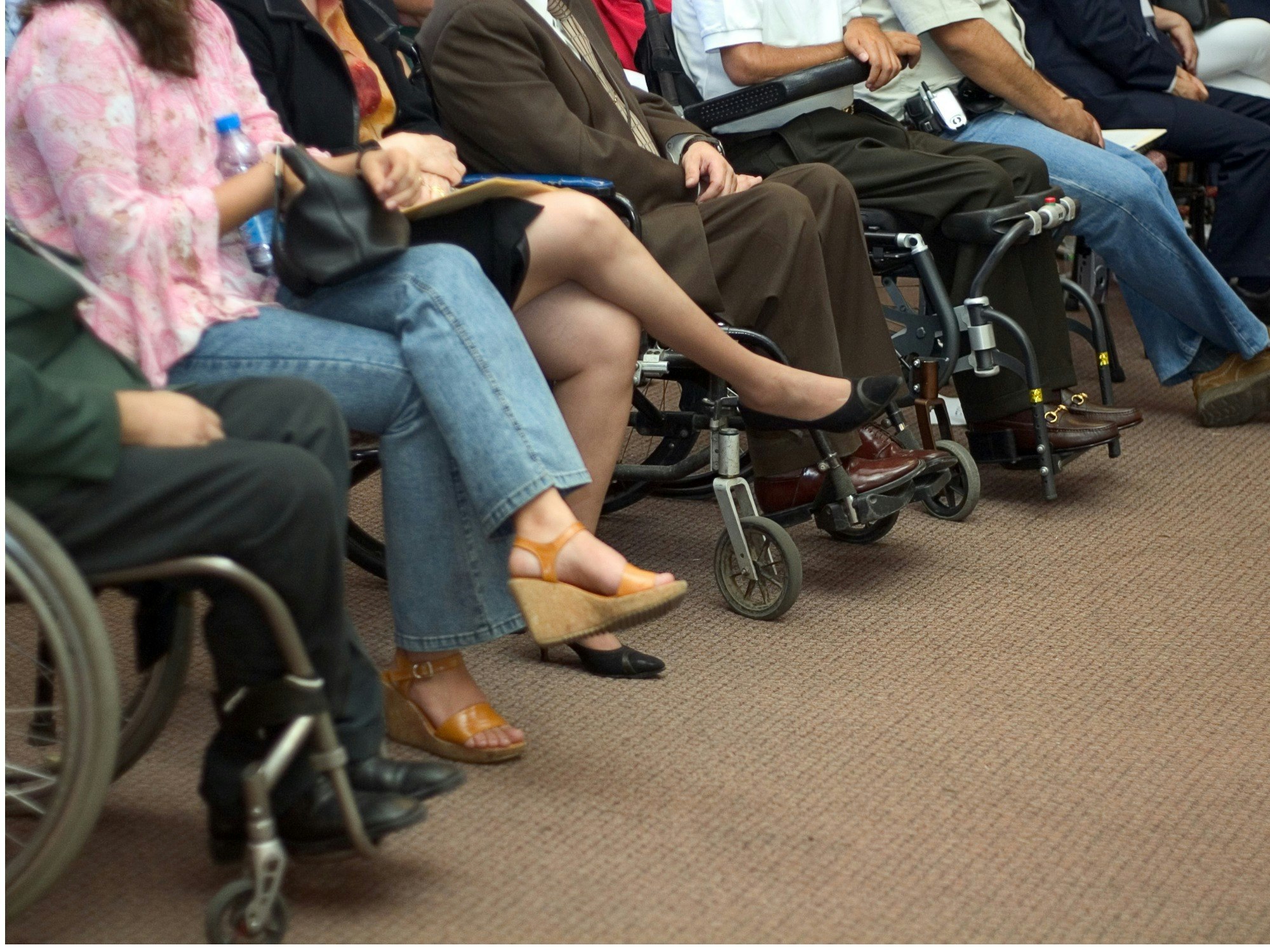Disability Advisory Committee plays an essential role in addressing barriers

A Disability Advisory Committee remains one of the many important ways that people with disability can have their voices heard in policymaking, advocates say.
Romola Hollywood, Director of Policy and Advocacy at People With Disability Australia (PWDA), says that a Disability Advisory Committee provides a way for people with disability to have their voices heard by policymakers and this is incredibly important for the National Disability Strategy.
“It is vital that people with disability have a voice to Government on the broad range of issues that impact on our lives.
“This is particularly important with the development of the next ten-year plan for the National Disability Strategy which sets out how Australia will meet its obligations under the Convention of the Rights of Persons with Disabilities (CRPD).
“The recent review of Australia’s progress in realising rights for people with disability has shown that Australia still has a long way to go, with many people with disability living in poverty due to the barriers we face in access to health, education and employment.”
Dominic Golding, Policy and Project Officer at National Ethnic Disability Alliance (NEDA), who lives with two types of disability and is from a Vietnamese background says the inclusion of Culturally and Linguistically Diverse (CALD) voices is important on a Committee.
“All too often in the disability space CALD people, and Aboriginal and Torres Strait Islander people, are considered a different group of people.
“Even though we might have a unique set of needs for general representation, it’s good to have people from CALD backgrounds because they bring in a different set of circumstances. They may need extra resources in their language or they may need extra resources around signage.
“Many of them have acquired disability because of trauma and their journey. Many have also been dislocated.
“CALD people with disability have different ways [in which] disability has impacted them….”
A Disability Advisory Committee also plays an essential role in raising awareness about the barriers people with disability face when participating in everyday life, says Ms Hollywood.
“This can include awareness of physical barriers, such as inaccessible buildings, housing and transport, lack of access to reasonable adjustments to participate fully in education and employment, as well as discriminatory attitudes towards us from within the wider community.”
The role of a Disability Advisory Committee includes informing and bringing awareness to people with disability, agrees Mr Golding.
“Advisory groups have two roles when it comes to bringing awareness for people with disability.
“One is that the person with disability, as a nominated person, gets to see the variety of people with disability and what their abilities and disabilities are. That allows them to have a more flexible understanding of structural barriers.
“For example, I have one form of Cerebral Palsy, but someone who has a wheelchair will have different levels of need and what’s required to get about and be involved in the community.
“They also provide a level of awareness of sharing space. You get to have a better understanding of different ways to communicate with other people. It’s like a peer support awareness.”
Ms Hollywood adds that it is essential that policymakers and Governments act on recommendations.
“Our advice needs to be used to inform policy change to improve our lives.
“The measure of success of Disability Advisory Committees is whether our advice gets taken up by Government and drives much-needed change across a range of Government portfolios, so that we can participate fully in economic, social, political and cultural life.”
Northern Territory holds first-ever Disability Advisory Committee meeting
The Northern Territory Disability Advisory Committee held its first meeting this week.
In the Northern Territory, this was the first Committee of its kind. It had a strong representation from Aboriginal people and individuals from remote and very remote parts of the NT.
People in the NT living with disabilities will be represented by this Committee, which will provide advice to the State Government on issues affecting them.
The Northern Territory Government will also engage this group as it works towards achieving the shared vision of the National Disability Strategy for an inclusive society that enables people with disability to fulfil their potential as equal citizens.
This Committee will also assist in raising awareness of the rights of people with disability and the role of Government and the community in meeting obligations under the United Nations Convention on the Rights of People with Disability.
The first official meeting focused on the establishment of the Northern Territory Disability Strategy and the review of the Northern Territory Disability Services Act.
NT Minister for Disabilities, Natasha Fyles, says, “This Committee represents a new platform for people with disabilities, their families and carers to be able to provide insight and share their experiences with Government that has previously not existed.
“The Committee will be driving the National Disability Strategy here in the NT that looks towards a future that is more inclusive and enables everyone to fulfil their potential.”